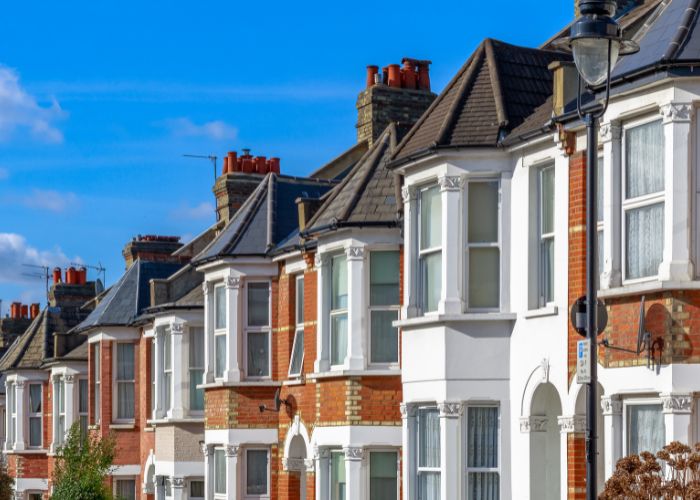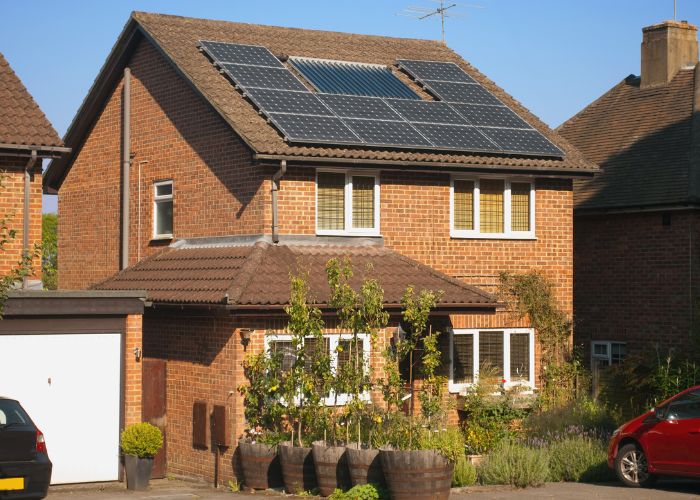With the cost of living having increased substantially in the last few years, tenants and landlords are feeling the effects.
However, there are ways that landlords, letting agents and tenants can work together to help minimise living costs for tenants.
In this blog we’ll look at 6 key areas where proactive measures could help tenants and landlords reduce rental costs.
1. Communication is Critical
Good communication between a tenant and landlord or letting agent is important. If tenants are proactive and report issues or damage to items as they arise, it allows the landlord to fix things early on before they become a more serious problem.
For example, if taps start to leak, the silicon seal breaks around the shower base or condensation is evident, notifying the landlord early on allows them to fix the issue before things worsen and the repair bill escalates, which could then be passed on to the tenant or result in a reduction in the deposit returned.
2. Set Expectations
Making sure that a tenancy agreement is clear and explicit on the changes that can and cannot be made to the property during a rental period, helps the tenant to exactly understand the parameters they can work within.
For example, if the agreement makes it clear that any repainted rooms must be returned to the original colour or risk a deduction in a deposit, tenants may be dissuaded from doing so. Tenants who fail to return the property in the original colour or condition know that they risk losing part or all of their deposit due to the costs the landlord will incur to redecorate and make the property suitable for the next tenants.
Additionally, helping tenants understand how they can keep the property in good condition can prevent damage.
Landlords could also have a separate document within the property which helps tenants understand how to keep the building in good repair and prevent damage.
Things such as making sure there is enough ventilation so that condensation doesn’t build in bathrooms and clarifying how heating should be left on low over winter days to avoid pipes freezing and bursting, in the event that a tenant is a away, all help to clarify a landlord’s expectations of their tenants and help both parties avoid extra repair costs.
3. Upgrade the Property
There has been and continues to be, a big push by the government to improve the efficiency of rental properties in the UK.
Ensuring insulation is upgraded and there is a sufficient amount of it within the loft space, is not only a great investment for the landlord in making the property more heat efficient, but also helps tenants to reduce their bills.
Putting in a modern boiler is a large upfront cost, but again helps to ensure that the heating works efficiently and keeps the house warm and damp free, whilst possibly also reducing the heating bill.
Other upgrades could include renewable technologies such as heat pumps or solar panels, which the government have schemes to help with the initial costs.
The government has discussed bringing in an EPC rating of ‘C’ for rental properties. Whilst this date was originally 2025 for new rental properties, it has now been scrapped and we wait to hear if or when it may be reintroduced.
However, investing in ways to bring the EPC rating of rental properties up can only be better for both the tenant and the landlord, providing a warmer and possibly cheaper property to live in whilst also helping to future proof the property.
4. Pick Energy Providers
Landlords who include bills as part of the rent are advised to shop around for the best energy deals. These days the rates change constantly and switching providers can be relatively painless. Using comparison sites can take a lot of the stress out of finding providers and give an understanding of the savings you could make.
For tenants who are responsible for organising the payment of energy providers, you may also be able to switch companies and save some money, but do check your tenancy agreement first and ensure you have permission to do so and avoid any issues at the end of your rental period.
5. Contractors You Can Count On
The saying ‘buy cheap, buy twice’ is often true for housing and repairs. Having reliable, good value contractors who carry out work professionally is worth paying for the first time round to avoid the pain of having to have something done cheaply, but which needs to be redone within a short space of time.
Using contractors that you can trust to do a job to a good standard, usually saves money in the long run. For more on this, read our blog Landlords Guide to Hiring the Right Contractors.
6. Insurance is Important
Whilst insurance probably isn’t the initial thing you might think of paying for in order to save money, it is often a very sensible safeguard. Insurance covers landlords and tenants in the event of a huge and unexpected event, such as damage to the building, burst water pipes causing substantial flooding or having to relocate your tenants in the interim.
Having the right insurance cover will help reduce the stress of these sometimes catastrophic events, as well as limit the potentially huge unexpected bills.
Supporting Landlords for Over 20 Years
Here at Abode, we work with and support our landlords in whatever capacity they find helpful. We’re here to guide you where needed and to ensure that you get the right tenants who will look after your property so that you make the best investment choices.
If you’re a tenant, our team will work hard to ensure you have a positive, experience, at what is often a very stressful time, to help you find the right property to suit your needs.
If you’d like to discuss any of the above, or any other aspect of our property management service, please call the team on 0117 973 8866 or fill out our contact form.






